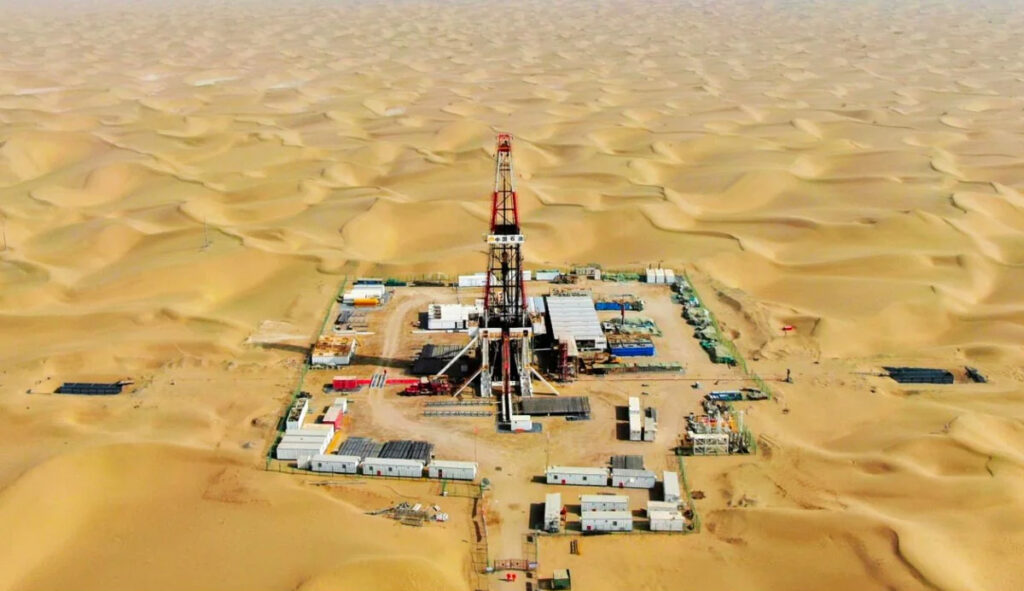
Chinese scientists have embarked on a groundbreaking project to drill a 10,000-meter (32,808 feet) deep hole into the Earth’s crust, demonstrating China’s ambition to explore new frontiers above and below the planet’s surface.
The initiative, which involves creating the country’s deepest borehole, has commenced in Xinjiang, a region renowned for its oil reserves.
The project, which started on Tuesday, coincided with China’s historic launch of its first civilian astronaut into space from the Gobi Desert.
The drilling aims to penetrate various rock layers, including the cretaceous system that has an estimated age of 145 million years.
What is the aim of this project?
This project has two primary objectives: 1) collecting data on the Earth’s internal structure, and 2) testing deep underground drilling technologies. The project is expected to span approximately 457 days.
President Xi Jinping has stressed the importance of advancements in deep Earth exploration, citing their potential to identify valuable mineral and energy resources, as well as assess environmental risks like earthquakes and volcanic eruptions.
As of now the current record for the deepest man-made hole is held by the Russian Kola Superdeep Borehole, which reached a depth of 12,262 meters (40,230 feet) in 1989 after two decades of drilling.
China’s project aims to surpass this record and expand our understanding of the Earth’s inner workings.
The slender borehole will traverse over 10 layers of continental strata, allowing it to penetrate into the Earth’s crust until it reaches the cretaceous system.